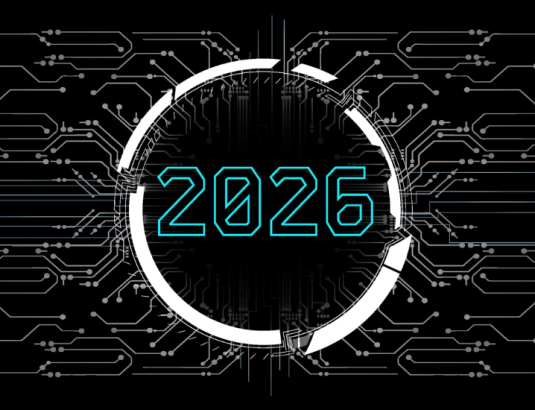


Security in the era of Quantum Computing
Quantum computing is a revolutionary technology that harnesses the fundamental principles of quantum mechanics to solve problems that go beyond the capabilities of traditional computers. It is expected that quantum technology will soon be able to solve complex issues that supercomputers cannot manage or process at the same speed. The main difference between quantum computers and classical ones is the use of quantum bits, or qubits, which allow them to process information in a completely different way.
To fully understand the significance of quantum technology, it is essential to refer to the basic principles of quantum computing:
Superposition
In this case, a quantum particle tends to serve as a combination of possibilities rather than just one, allowing the processing of multiple data in parallel layers.
Entanglement
This phenomenon involves the creation or interaction of a group of particles that are connected in such a way that the state of one instantly affects the state of the other, regardless of the distance.
Decoherence
Quantum systems can lose their quantum properties and transform into classical systems due to interaction with the environment.
Interference
This phenomenon occurs when subatomic particles interact and influence both themselves and other particles when in a superimposed state.
These fundamental principles enable quantum computing to offer significant advantages, particularly in the fields of cryptography and data security. Because of these capabilities, quantum computing can bring enormous benefits to businesses and reshape strategies across all sectors. However, the development of secure cryptographic techniques that can withstand the quantum era is crucial to protecting sensitive data.
With the advancement of quantum computers, traditional encryption methods based on difficult-to-solve problems (such as public-key encryption algorithms) will become vulnerable to quantum hackers. The need for quantum-safe cryptography is more urgent than ever, particularly in fields like national security and healthcare, where data security is critical.
Researchers and organizations around the world are developing new cryptographic algorithms designed to withstand quantum attacks to ensure the security of data in the quantum computing era. As quantum computers approach practical applications, transitioning to new cryptographic systems that are resistant to quantum attacks is essential to maintain trust in digital mechanisms and online transactions.
Companies like Microsoft are already investing in the future development of quantum computing, recognizing the need for preparation, as quantum technology could bring revolutionary changes to security infrastructures. Both government and private organizations must prepare for the next generation of cryptography, which will define the security of the digital age.




